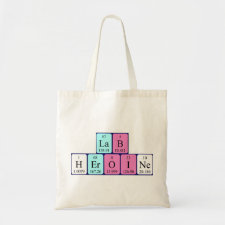
Authors: Wang GQ, Kuroda K, Enoki T, Grosberg A, Masamune S, Oya T, Takeoka Y, Tanaka T
Article Title: Gel catalysts that switch on and off.
Publication date: 2000
Journal: Proceedings of the National Academy of Sciences of the United States of America
Volume: 97
Issue: (18)
Page numbers: 9861-9864.
DOI: 10.1073/pnas.97.18.9861
Alternative URL: http://links.jstor.org/sici?sici=0027-8424%2820000829%2997%3A18%3C9861%3AGCTSOA%3E2.0.CO%3B2-N
Abstract: We report development of a polymer gel with a catalytic activity that can be switched on and off when the solvent composition is changed. The gel consists of two species of monomers. The major component, N-isopropylacrylamide, makes the gel swell and shrink in response to a change in composition of ethanol/water mixtures. The minor component, vinylimidazole, which is capable of catalysis, is copolymerized into the gel network. The reaction rate for catalytic hydrolysis of p-nitrophenyl caprylate was small when the gel was swollen. In contrast, when the gel was shrunken, the reaction rate increased 5 times. The activity changes discontinuously as a function of solvent composition, thus the catalysis can be switched on and off by an infinitesimal change in solvent composition. The kinetics of catalysis by the gel in the shrunken state is well described by the Michaelis-Menten formula, indicating that the absorption of the substrate by the hydrophobic environment created by the N-isopropylacrylamide polymer in the shrunken gel is responsible for enhancement of catalytic activity, In the swollen state, the rate vs. active site concentration is linear, indicating that the substrate absorption is not a primary factor determining the kinetics, Catalytic activity of the gel is studied for substrates with various alkyl chain lengths; of those studied the switching effect is most pronounced for p-nitrophenyl caprylate



Join the Society for Molecular Imprinting

New items RSS feed
Sign-up for e-mail updates:
Choose between receiving an occasional newsletter or more frequent e-mail alerts.
Click here to go to the sign-up page.
Is your name elemental or peptidic? Enter your name and find out by clicking either of the buttons below!
Other products you may like:
 MIPdatabase
MIPdatabase









